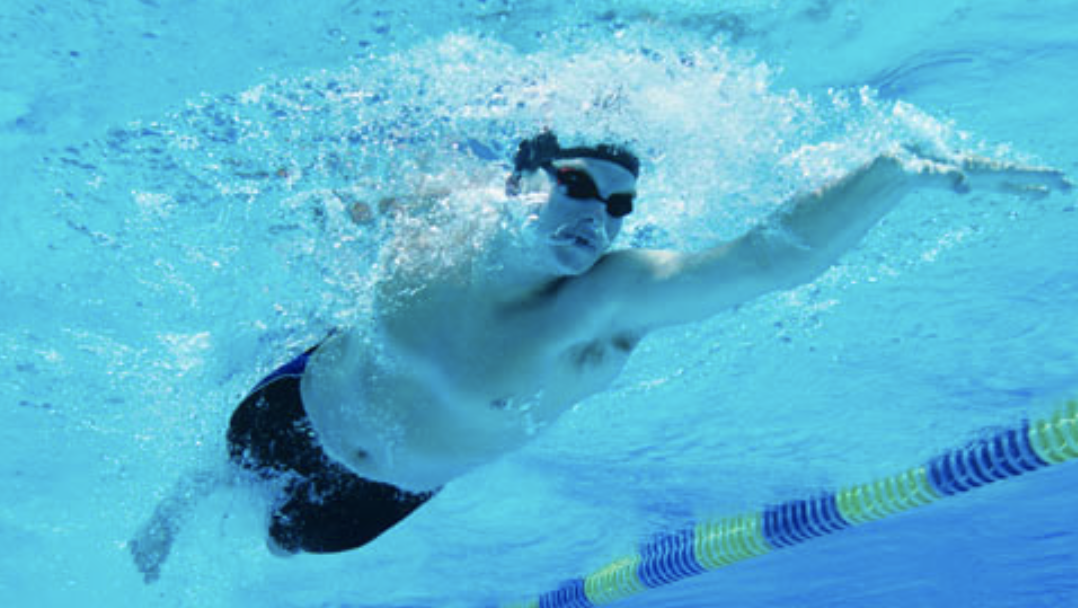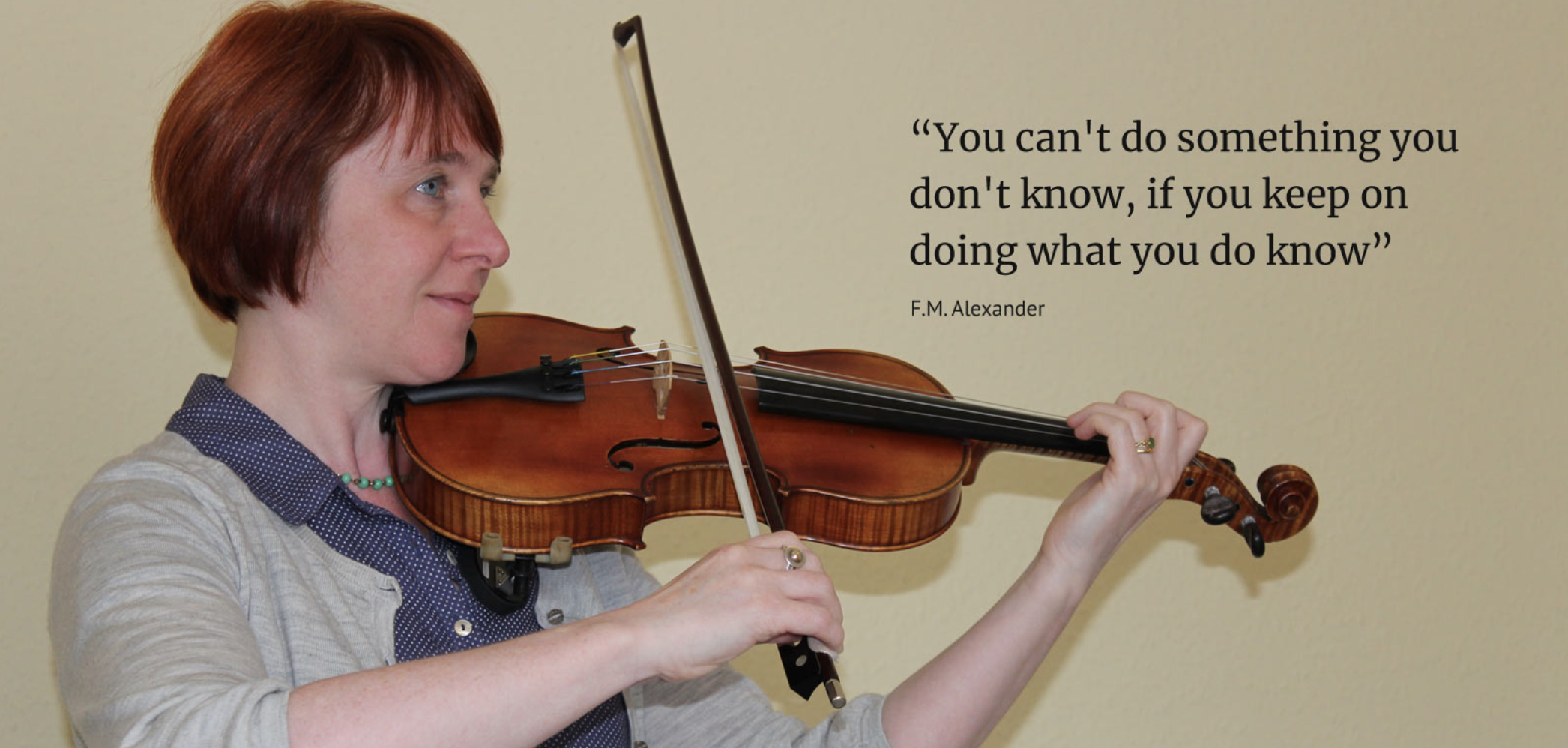Free Consultation
Alexander Technique
For Health
For Performance
About Us
How We Work
Who was Alexander?
Contact & Costs
FAQ’s
For Performance

Who Learns The Alexander Technique To Improve Performance?
The answer is, it can be absolutely anyone. As a matter of course, it is taught at music and drama colleges to help performers improve their co-ordination and control in performance. It also helps with preventing injuries. Dancers also learn it, as do athletes of all calibres, including gold medal-winning Olympians.
You do not have to be Olympians like Steve Coe or Mathew Pinsent or Oscar-winning actors like Judy Dench or Paul Newman to benefit. Academics have learned to think more clearly; teachers have improved their presence in the classroom. Working at the computer can become more productive, less tiring, and with fewer aches and pains. Learning also becomes easier.
How Does The Alexander Technique Help with Improved Performance?
Pupils develop an enhanced ability to focus, along with an increased awareness of how they are co-ordinating themselves. Within that awareness using Alexander’s Technique, they find that movements are increasingly free, flexible, and efficient. As performers age, it facilitates an intelligent process of adaption and a maturing sensitivity that helps lengthen careers and enjoyable lives.
Andres story, which you can read here, allows you to read about some of the benefits a performer has gained when playing his instrument and, more generally, in his life.
Case Study
Becoming a better musician using Alexander Technique
I am a student of Flamenco and Jazz guitar, and I intend to earn a living out of my playing, so being able to sit and practice for hours is key for my goal. That is why I decided to take up Alexander Technique lessons; I wanted to be able to play without damaging my wrists and back.
One of the most relevant things I have learnt is to notice and release a lot of muscular tension in all the joints. That tension feels so normal and is so subtle that it is almost impossible to feel it, and so it remains there damaging the body and making movements much more difficult than necessary.
With the Alexander Technique I learnt (and continue to learn) how to release that tension and increase the fluidity of my movements in all areas. That makes my practice time more comfortable and it improves my technique, as I’m able to move faster with less effort and risk of damage.
My migraines have almost completely disappeared. I used to have very bad headaches every now and then but, by learning how to use myself better, in particular my neck, whatever tension that was the main factor of my headaches disappeared. Also, I’m now more aware of my body, especially when I’m misusing it too much, so I’m more able to stop doing whatever I’m doing wrong.
I now see the Alexander Technique in a different way; at the beginning I saw it as a tool to prevent injuries, whereas now it has become a continuous exploration of the body (and its relation to mind). Slowly one’s control of the body increases, but it is not a paranoid control-freak type of control, it is a smoother sense of direction that has to be done in consensus with the body itself.
I think the Alexander Technique is a great ally for life, and I wish it was taught in school since it has influenced me very positively.
Andrés
Conditions where the Alexander Technique has proved useful
Back and neck pain
Osteoarthritis
Tension Headaches Migraines
Prevension of backache during pregnancy
Stress
Osteoporosis
TMJ
Recovery from major trauma such as stroke, accidents or operations,
Repetitive Srain Injury
Breathing Disorders e.g. Asthma
Parkinsons
ME

Free Consultation
Whether you want to improve your performance or are looking for help with a particular problem, you can call us on 0131 225 4596 or email us

Counselling Conversations
Edinburgh-based Counselling and Psychotherapy to help people face the difficulties of their lives.

